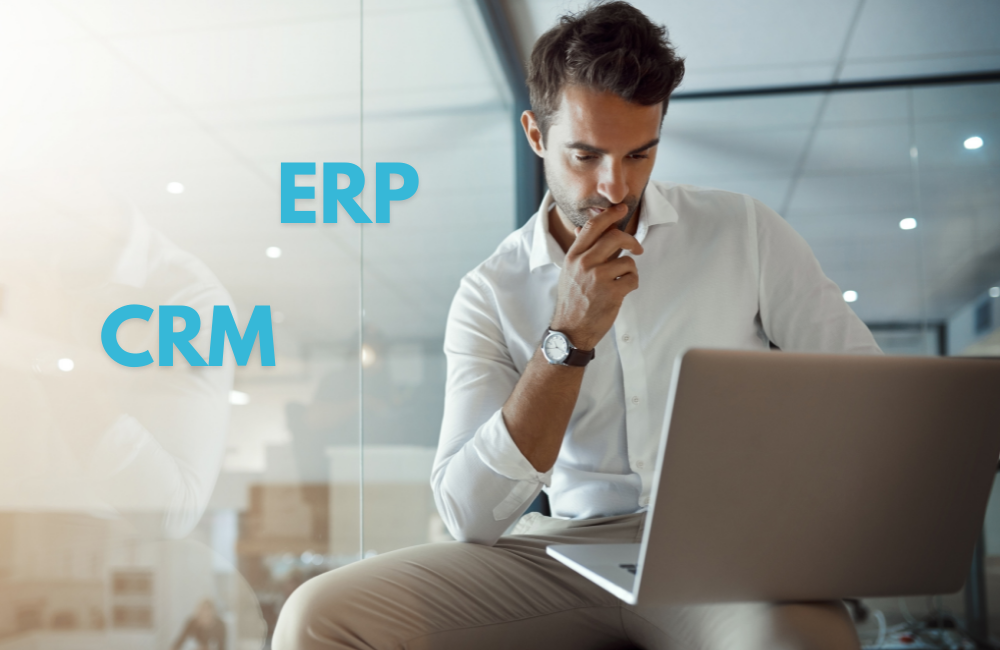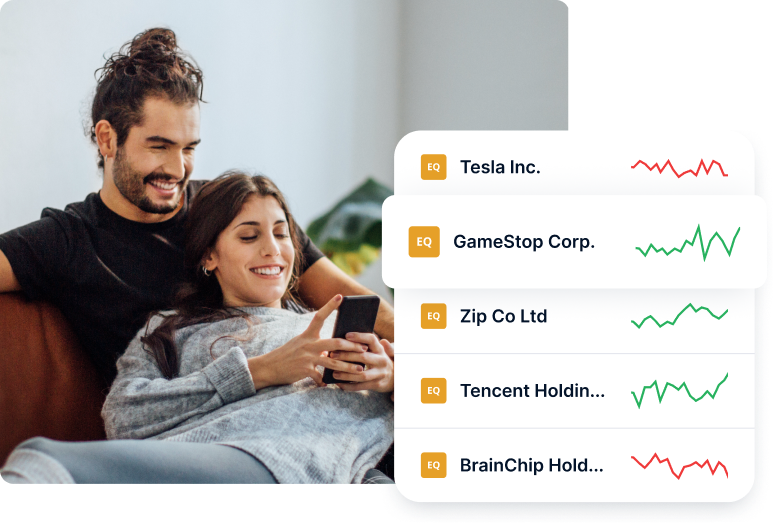
Identifying needs within a business and carrying out data-driven actions can be key to making progress and long-term growth. Failing to spot where problems are impacting a business can lead to failure. Customers lose faith, profits fall, and talent can leave the company.
Implementing new systems can often help to utilize resources more efficiently, identify problems with production, and help to improve customer relationships. The concerns with any new system are the cost involved, the change it will have on staff and processes in the short term, and of course, choosing the right time and billing software.
Many successful businesses have installed new systems only to find they don’t meet their needs. In several cases, millions of dollars were wasted. This brief article looks at two of the more popular systems, CRM and ERP, and looks into whether your business needs either, or perhaps both.
Table of Contents
What is the Difference Between CRM and ERP?
Implementing a new system can be costly so it is important to have a full understanding of what you are buying. When choosing a CRM software package it would be wise to discuss your needs with a trusted vendor. The same is true of an ERP. But, in the meantime, here is a quick look at the differences between the two systems.
CRM stands for customer relationship management. Its purpose is to help manage all the interactions between existing customers and potential ones. It is there to help improve relationships so that your business can grow.
ERP stands for enterprise resource planning. Its purpose is to help a business be more efficient and share data more easily. It helps to manage resources more efficiently from the point they arrive in a business, to the time they leave as finished products for instance.
One of the biggest differences between these two systems is that an ERP can contain elements of a CRM, but the reverse is not true. Another difference is the cost involved.
Does Your Company Need One Of These Systems?
Understanding how to handle data correctly is essential to any efficiently run business. Yet, many companies still don’t communicate effectively between departments, and reporting can be inaccurate and managed across different platforms.
Are you Struggling to Link your Departments Together?
Both CRMs and ERPs can help to handle data more effectively, but for different reasons. Departments across a business will use different systems to achieve their set goals. Sales, Finance, and Shipping will all employ different systems. An ERP helps to bring all these systems together so that data can be shared between the departments in real time.
This can help to streamline certain processes, and in many cases introduce automation to mundane tasks. Bottlenecks and resource concerns can be identified quickly and fixed. The outcome is a more efficient and profitable business.
Are You In Need Of Improved Customer Retention And Improved Relations?
If your company is struggling to spot potential leads or convert them you may need a CRM. This system will help to manage all the data involving customer interactions from sales records to communications. Understanding your customer’s needs can help build loyalty and retention.
Bain & Company understands customer retention can improve profits. Their study indicated that an increase in retention rates by as little as 5% could boost profits by up to 95%.
Put simply, a CRM will help to track and manage all the data pertaining to customers and leads. This can then be used to help to find new customers and keep existing ones.
What Needs To Be Done To Implement The Right System?
Your decision to implement one of these systems should be done on what your business needs now, and in the future. The system you choose should be scalable and suitable for future growth.
Implementing either of these systems takes careful research. Realistic goals need to be set, research carried out, and budgets and costs forecast. Finding a good vendor for ERP or CRM is also essential, as is performing due diligence on their claims.
Nike and Waste Management have found to their cost that poor ERP implementation can be a disaster. Waste Management believed the vendor’s claims without any verification. This led to a $500 million lawsuit that was settled out of court. Nike on the other hand spent $400 million on an ERP only to lose $100 in sales and 20% wiped off the stock price because they set unrealistic goals.
After selecting a system, there will be data migration, and training will also be needed. The level of support provided should also be a factor when choosing a vendor for either a CRM or ERP.
Summary
Enterprise project management, enterprise project controls, enterprise resource planning – it can get confusing knowing which enterprise resource management practices to employ. Then again, is it CRM you need?
Even once you’ve chosen you will need to make many considerations before cloud migration of data can occur. These are two very different apparatus with different goals. Identifying which one your business will most benefit from is crucial for making the right choice.
Both systems can help a business run more effectively, but only when implemented properly.





